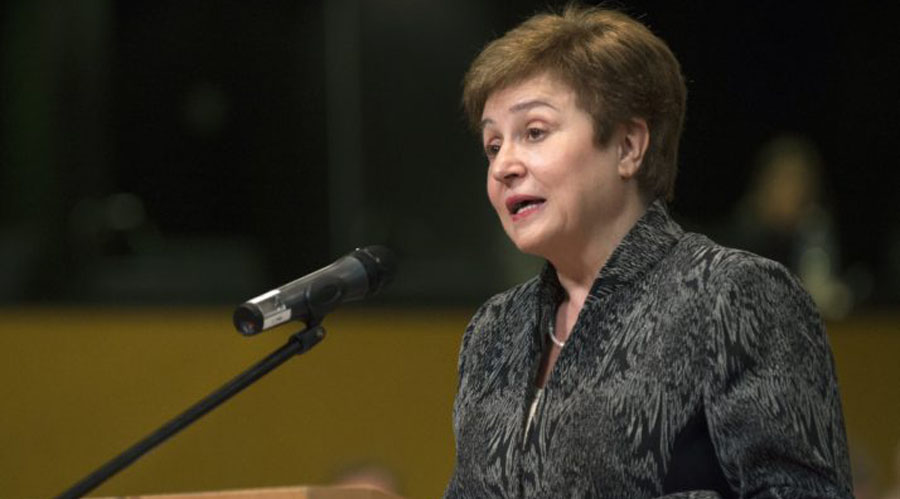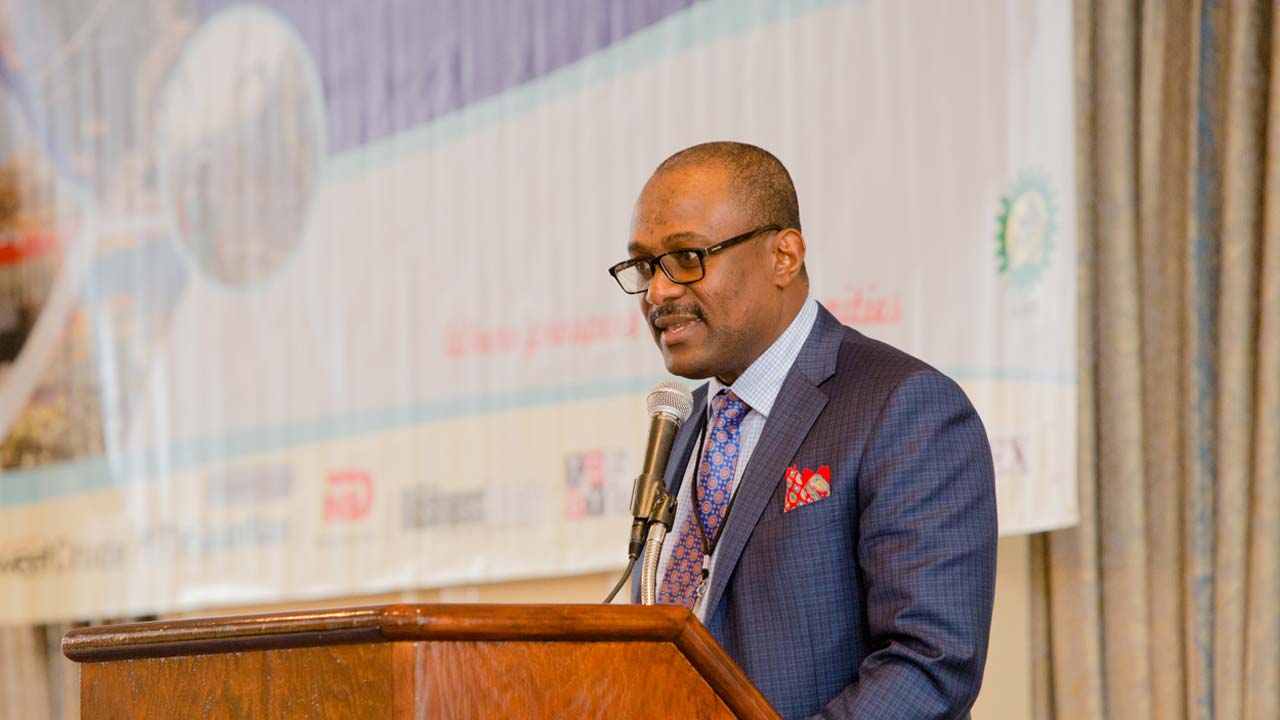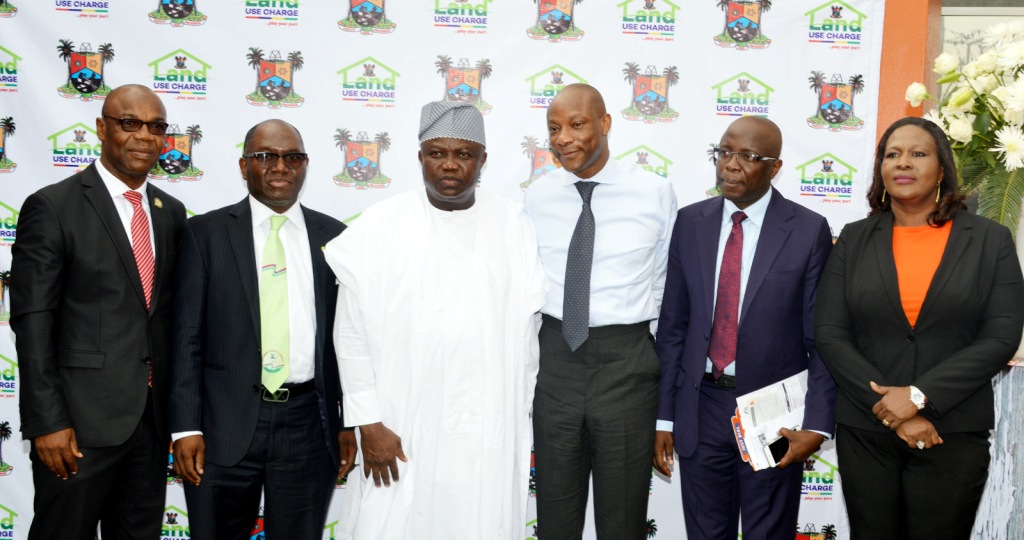The International Monetary Fund (IMF), weekend joined thousands of Nigerians and port business operators in condemning the endless assurances by the Nigerian Customs Services (NCS) in providing scanners that will end 100% physical examination of cargoes.
Business Hilights recalls that even before the emergence of the current CG of Customs, Mr Hameed Ali, scanners at the nation’s seaports had gone bad without any official plan to either repair or replace them.
However, in his inaugural address, Ali assured that whereas his administration will refurbish those that can work again, he will be placing orders for new ones.
Close to five years in office, those for repairs were not repaired rather more have damaged without any of the ordered ones insight.
In his preliminary briefing shortly after Friday’s general assessments of happenstances at the Nigerian seaports, leader of the IMF Economic Outlook Review for 2020, who doubles as the IMF Mission Chief and Senior Resident, Representative for Nigeria African Department, Mr Amine Mati, opening decried the state of affairs at the seaports in terms of lack of working scanners, poor port access roads, cloudy single-window platform and continued use of papers in Nigerian ports.
Explaining issues while being hosted by the Executive Secretary of the Nigerian Shippers’ Council (NSC), Hassan Bello, Mati revealed that his 2020Outlook team visited a number of terminals including the APM Terminals, Greedview Development Terminal owned by Dangote Operations and the PTML, all in lagos.
According to him, “We were able to discuss the port congestion and noted that the clearance time still remains challenging. We are trying to determine the different policies and priorities put in place, particularly the scanners.
“National single window is very important to accelerate the process. The roads outside the port are also important for efficiency.
“As trade is picking up, the port is an important aspect of Nigerian economy, particularly in Lagos where the activity is.”
Explaining more, he called for real reforms that will reduce paper works at the ports so as to reduce human interferences which are channels of corruption and grafts that bleed the economy.
Mati added that the fieldtrip at the ports was part of data generation that will help give a better outlook of the nation’s maritime sector in the IMF Report which would be published any moment from March 30, 2020.









